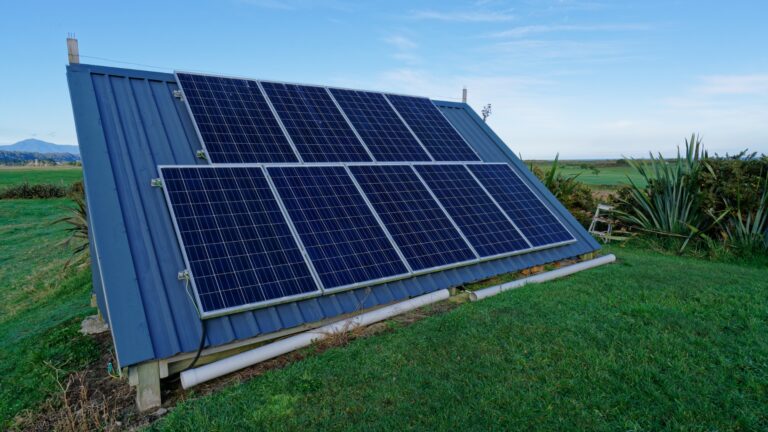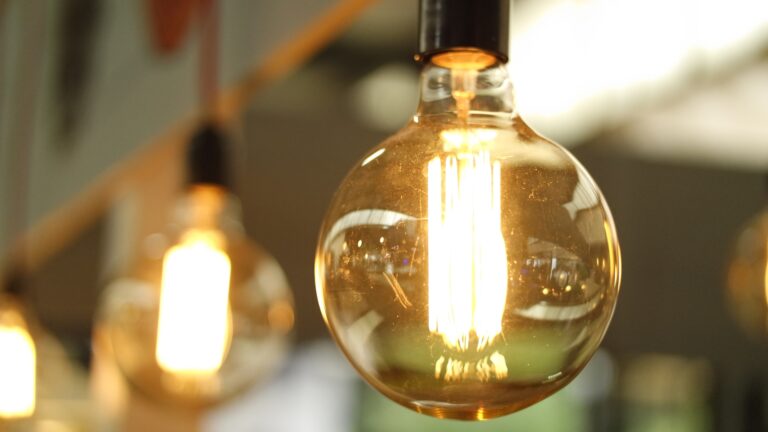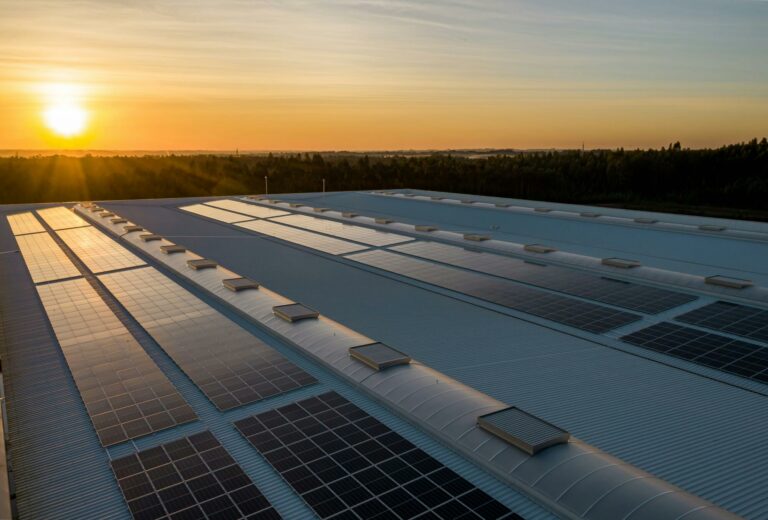Are you thinking about adding solar power to your property this summer? You’re in excellent company.
Research shows the demand for solar power has grown by 24% during the past decade. Nearly 150 gigawatts of solar energy capacity have been installed throughout the United States. That’s enough solar to power more than 20 million houses.
Solar power is in demand because it may help homeowners reduce their carbon footprints, which benefits the environment. It can also reduce their utility bills.
Getting a solar site assessment before beginning a new solar energy project is important. Let’s explore why this is essential.
Shadow Analysis
Solar site assessments involve assessing possible locations to determine whether they’re appropriate for establishing solar energy systems. An essential component of this solar site survey is a shadow analysis.
This analysis will help determine the best position for installing a solar system. Structures around your home might cause shadows on your roof, making your solar system ineffective. These obstacles may include tall buildings or trees.
A shadow analysis will show you the best place to put a panel and which size the panel should be. A quality assessment will help ensure your solar system operates optimally for years. (Your solar panels may last as long as 25 years.)
Solar Exposure
Another important part of a solar site assessment is a sun exposure analysis. Your solar service company must determine how much sun exposure your home receives. This will affect how much power your solar system will produce.
Your solar energy system installer will pick the top location for your solar panels based on factors like the weather and the area’s latitude (its north-south coordinate on a globe). Their goal will be to help maximize your panels’ daily solar exposure.
Solar Usage Analysis
Yet another crucial aspect of a solar site evaluation is the solar usage analysis. Your system installer can tell you how much electricity a solar power system may save you.
They’ll also determine what instruments you need to upgrade your system’s effectiveness. These devices include solar inverters.
An inverter takes direct-current voltage from a solar panel or solar battery and uses filters and switching techniques to produce a low alternating-current voltage. Your inverter size will depend on the number of watts your system generates and your family members use.
Roof Inspection
Conducting roof inspections is another important part of completing solar projects. That’s because buildings and houses have distinct roof designs and materials that may affect where and how panels are installed.
An installer will also assess your rooftop to determine if it’s in good enough condition to hold solar panels. You might need to repair or replace your roof before installing solar panels to ensure it will last the 25 years your panels are expected to last.
Monetary Analysis
Financial analyses are important parts of solar installations, too. Your installer will tell you how much your solar system will cost and how long it will take to realize a return on your investment.
Recouping your solar power system installation costs typically takes around seven years. This makes a solar energy system a worthwhile investment if you plan to reside at your home or run your business with the panels long-term.
Solar Energy Incentives
Ask your solar energy installer about the financial incentives available for these systems. You may receive a federal tax credit equaling 30% of what you paid for your system installation.
This tax credit will decrease within the next 10 years. It will be 26% and 22% in 2033 and 2034, respectively. The credit will remain 10% for every commercial solar power installation and be removed for homes in 2035.
Your state might also offer a tax credit. This means you could save on your income taxes each year. Your tax credit amount might range from $500 to $5,000.
Solar panel makers, states, and utility companies offer rebates to reduce your solar panel installation costs. These rebates usually go to solar installers, who pass the savings to you.
Take advantage of net metering to further save money with a solar system. Each kilowatt-hour of power your panels produce will reduce your utility bill by a kilowatt-hour.
That’s because any extra energy your home produces and doesn’t use will go to the electric grid. The power can then go to your neighbor. This system ensures you receive complete credit for the solar electricity you generate.
Solar Site Assessment
Solar site assessments offer several benefits. They’ll help you avoid solar panel positioning mistakes that will minimize your energy output. This will save you the money and time to fix these preventable errors.
A site assessment will also help ensure your system complies with local building laws. You’ll ensure your system meets local requirements for electricity output and solar panel positioning, too. Improperly installed systems may have to be removed and reinstalled, costing you more money and time.
How We Can Help With Solar
A solar site assessment can help you determine the best place to position solar panels on your property. You may also find out how much energy your solar system may generate. Ask your solar system installer about state and federal incentives to help you save money on your installation.
At Huston Solar, we pride ourselves on offering high-quality solar system installation services and products. We are one of Indiana’s leading commercial and residential solar power providers.
Let us help you choose the right system and advise you on maintenance. Contact us to learn more, and request a free today!



